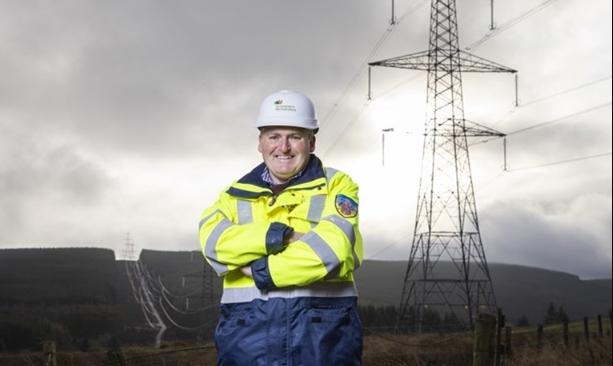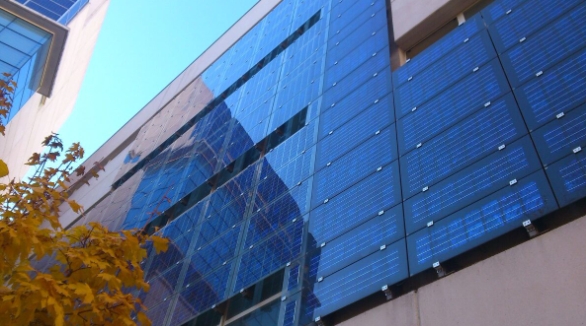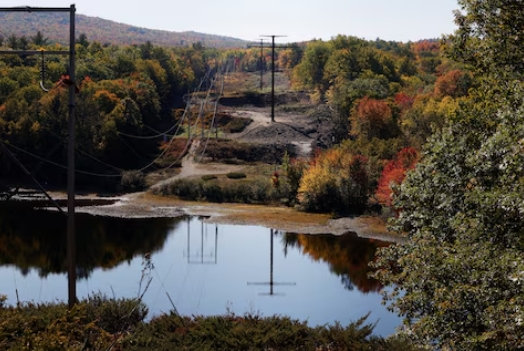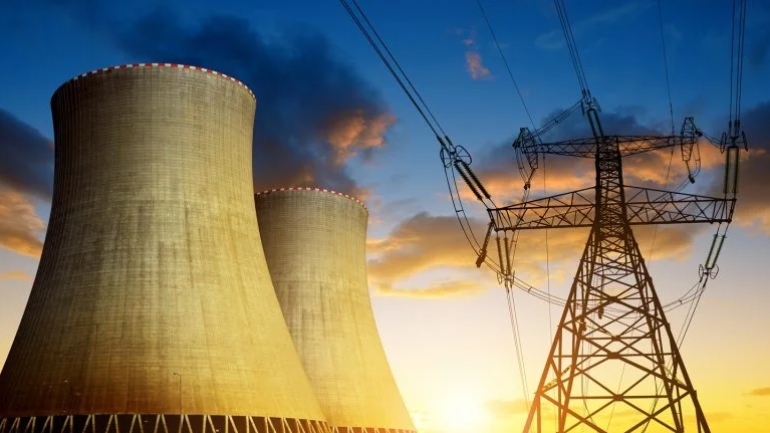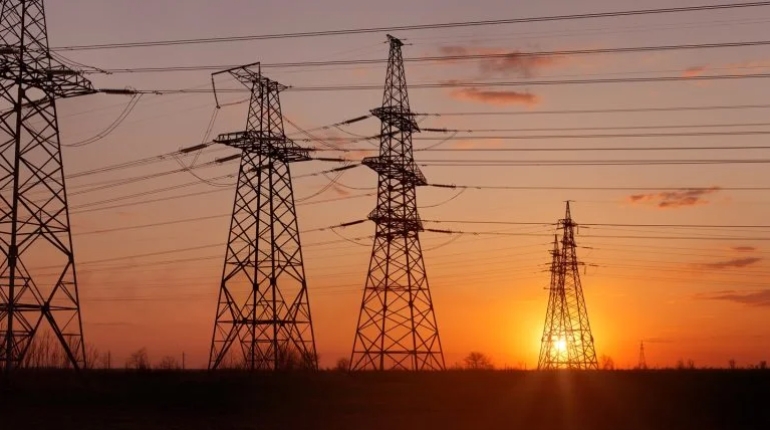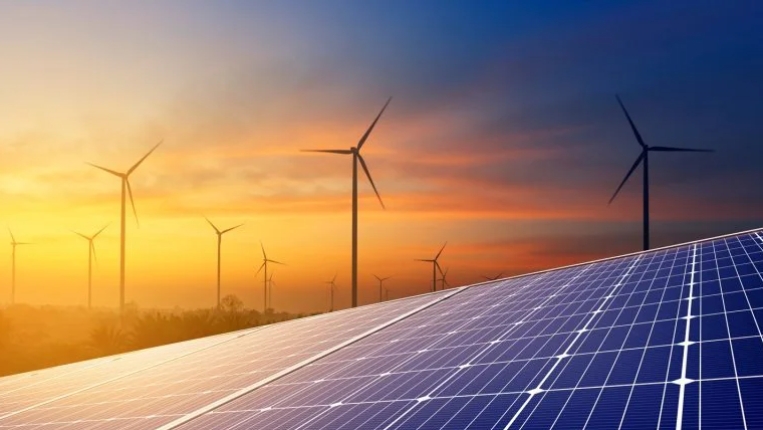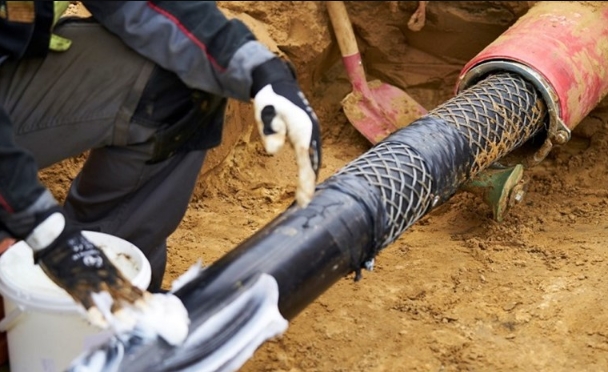Iran’s Power Generation, Distribution and Transmission Company (known as Tavanir) is going to connect 500 new villages to the national electricity network by the end of the current Iranian calendar year (March 19, 2020), IRNA reported, quoting an official with the company.
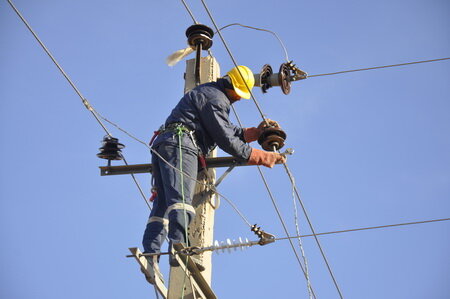 500 new villages to be connected to national power grid
500 new villages to be connected to national power grid
According to Tavanir’s Operator for Rural Electricity Expansion Program Ali Chehel-Amirani, rural networks comprise 31 percent of the country's electricity distribution network and the country’s rural network reaches 250,000 kilometers.
The official believes that more than 50 percent of the country’s rural network is older than 25 years and therefore highly vulnerable to natural disasters such as floods and storms and need to be upgraded and protected against damage and accidents.
“Increasing the resilience of rural electricity networks is a priority for Tavanir Company and therefore having programs and resources for the development and maintenance of the network is of high importance as the cold season approaches,” the official said.
Earlier this month, Chehel-Amirani said “since the 1970s Islamic revolution, every day four villages have been connected to the national power network.”
“The number of villages connected to the electricity grid has increased 13 times since the revolution and now exceeds 57,350”, he said.
“During the last six years, 35 trillion rials (about $834 million) has been spent for development, maintenance and upgrading of the rural electricity grid and electricity supply to villages without electricity, 3.5 times more than the figure for six years ago,” Chehel-Amirani added.
He further noted that the country’s electricity network has been expanded by 250,000 kilometers to supply electricity to 21.5 million people in rural areas.
Referring to the fact that nearly 99.7 percent of the country’s rural population are currently supplied with electricity, he said “According to the information provided by the International Energy Agency (IEA), this figure is 86 percent in Central and South America, 85 percent in Asia, 78 percent in the Middle East and 36 percent in Africa.”
“Our country is in very good condition in terms of rural electricity supply,” he added.

